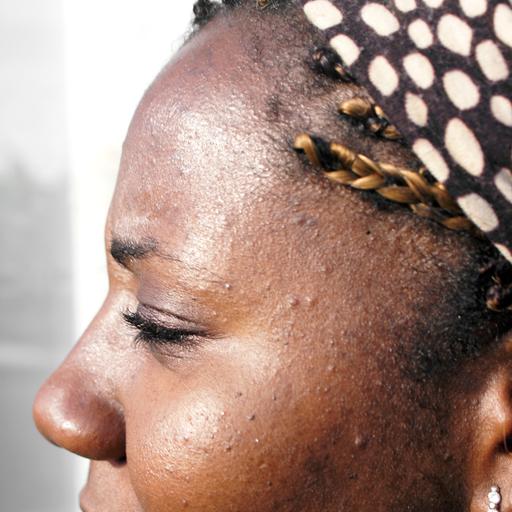Skin Health During Pregnancy

Pregnancy is an exciting and transformative time in a woman's life, with many physical and emotional changes taking place. While the famous "pregnancy glow" is often talked about, there are a variety of skin-related changes that can occur during pregnancy. These changes, such as skin discoloration, melasma, skin sensitivity, rashes, and acne, can be distressing for some women. As a board-certified dermatologist, I have seen firsthand the impact these changes can have on a woman's self-esteem and overall well-being. In this blog post, I will discuss the skin changes that can occur during pregnancy and provide helpful tips for maintaining healthy and glowing skin throughout this special time.
Common Skin Changes during Pregnancy
While we often hear about the glowing skin and radiant complexion that can accompany pregnancy, it's important to also know and address the other skin-related changes that can occur. During pregnancy, hormonal shifts can lead to a range of skin concerns. Some women may notice skin discoloration, such as darkening of the areolas or a line of pigment on the abdomen known as the linea nigra. While these changes are typically temporary and fade after pregnancy, they can still be unsettling for some women. Another condition of hyperpigmentation known as melasma and often referred to as the “mask of pregnancy” is characterized by brown patches of discoloration typically on the face. Melasma can be particularly distressing for those who experience it. While the exact cause of melasma is unknown, we do know that genetics, hormonal changes, and sun exposure play a role. It's important for pregnant women to protect their skin from the sun's harmful rays through regular use of sunscreen.
The hormone shifts of pregnancy can also make the skin more sensitive, dry, and irritated. Some women may find that their usual skincare products cause discomfort or redness. It's important to opt for gentle, hypoallergenic skincare products during pregnancy to avoid further irritation. Other rarer and uncommon rashes can occur during pregnancy such as forms of eczema and psoriasis. Pregnancy-induced acne is also quite common and may be a frustrating reality for many women. Fluctuating hormones can lead to an increase in oil production, clogged pores, and breakouts. However, it's crucial to avoid harsh acne treatments that contain ingredients like retinoids or retinol, as they may be harmful to the baby. Involve a board-certified dermatologist early if you are experiencing melasma, acne, rashes, new growths or bumps, changes in your moles or other related skin concerns during pregnancy.
Tips for Taking Care of Your Skin During Pregnancy
As your body changes during pregnancy, it's important to prioritize proper skin care to maintain a healthy and radiant complexion. Here are some tips to help you take care of your skin during pregnancy:
1. Gentle Cleansing: Opt for a mild, fragrance-free cleanser that is specifically formulated for sensitive skin. Avoid harsh scrubbing or exfoliating (including exfoliating brushes), as these can further irritate and worsen already delicate skin.
2. Optimize Moisture: Hydrate your skin with a gentle, fragrance-free moisturizer to help maintain its natural moisture balance. Look for ingredients like glycerin, hyaluronic acid, or ceramides, which are safe and nourishing for your skin.
Vaseline Intensive Care Advanced Repair lotion is a great option because it contains microdroplets of Vaseline jelly, glycerin, and lipids to hydrate and repair the skin.
3. Protect yourself from the sun: Apply a broad-spectrum sunscreen with an SPF of at least 30 daily, even on cloudy days. This will help prevent the darkening of existing skin discoloration and minimize the risk of developing melasma.
4. Stay hydrated: Drinking plenty of water to keep your skin hydrated from the inside out paired with the proper gentle cleanser and rich moisturizer is ideal for hydrated healthy skin.
5. Consult your dermatologist: If you have any specific skin concerns or questions, don't hesitate to reach out to your dermatologist. They can provide personalized advice and recommend safe and effective skincare products for your unique needs.
Overall, understanding and addressing these common skin changes during pregnancy is essential for maintaining healthy and glowing skin. By being aware of these changes and making informed skincare choices, women can navigate their pregnancy journey with confidence and care for their skin in the best possible way.
If you’re in need of finding a board-certified dermatologist in your area, check out the Vaseline x HUED See My Skin dermatologist directory.


